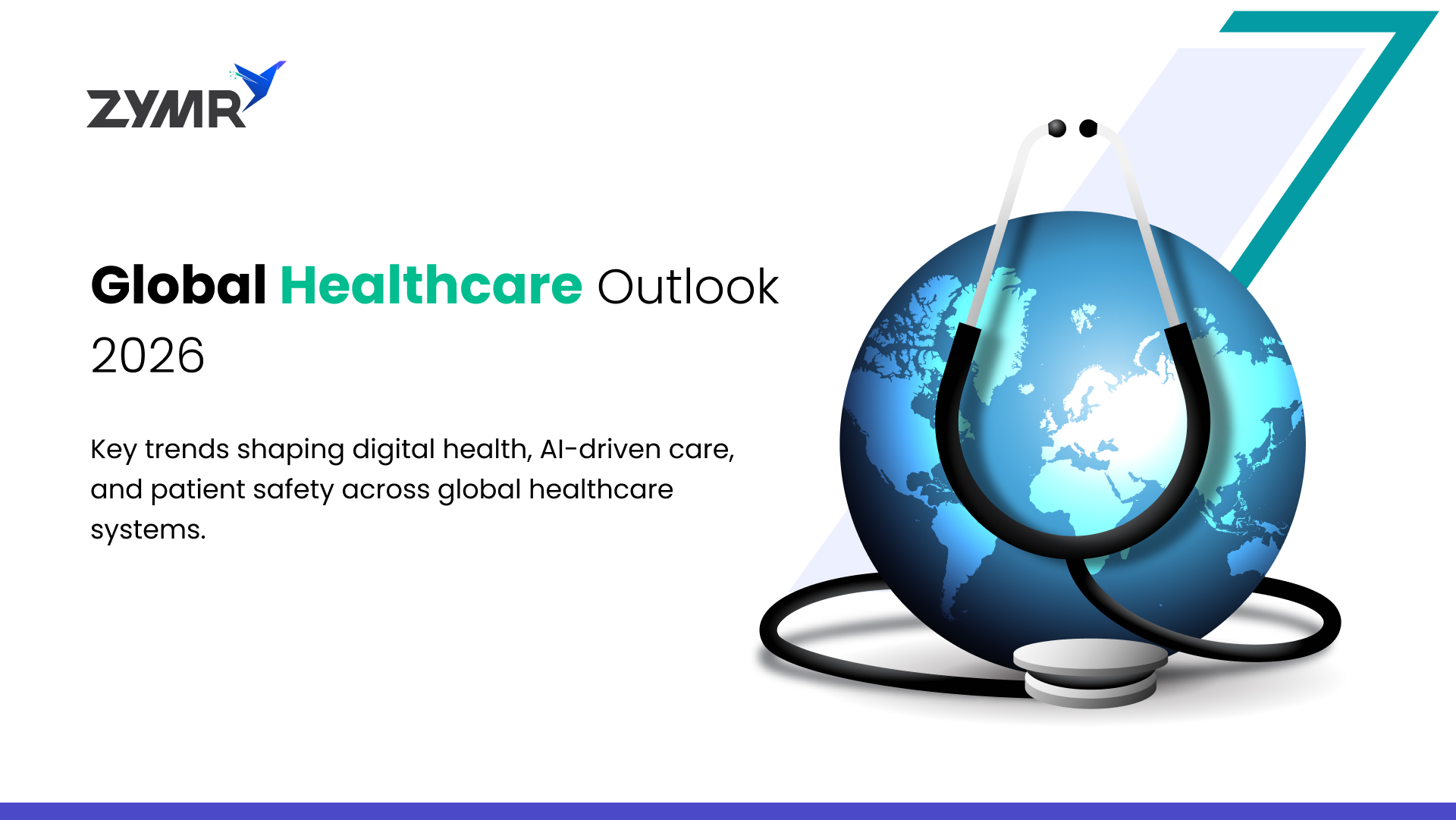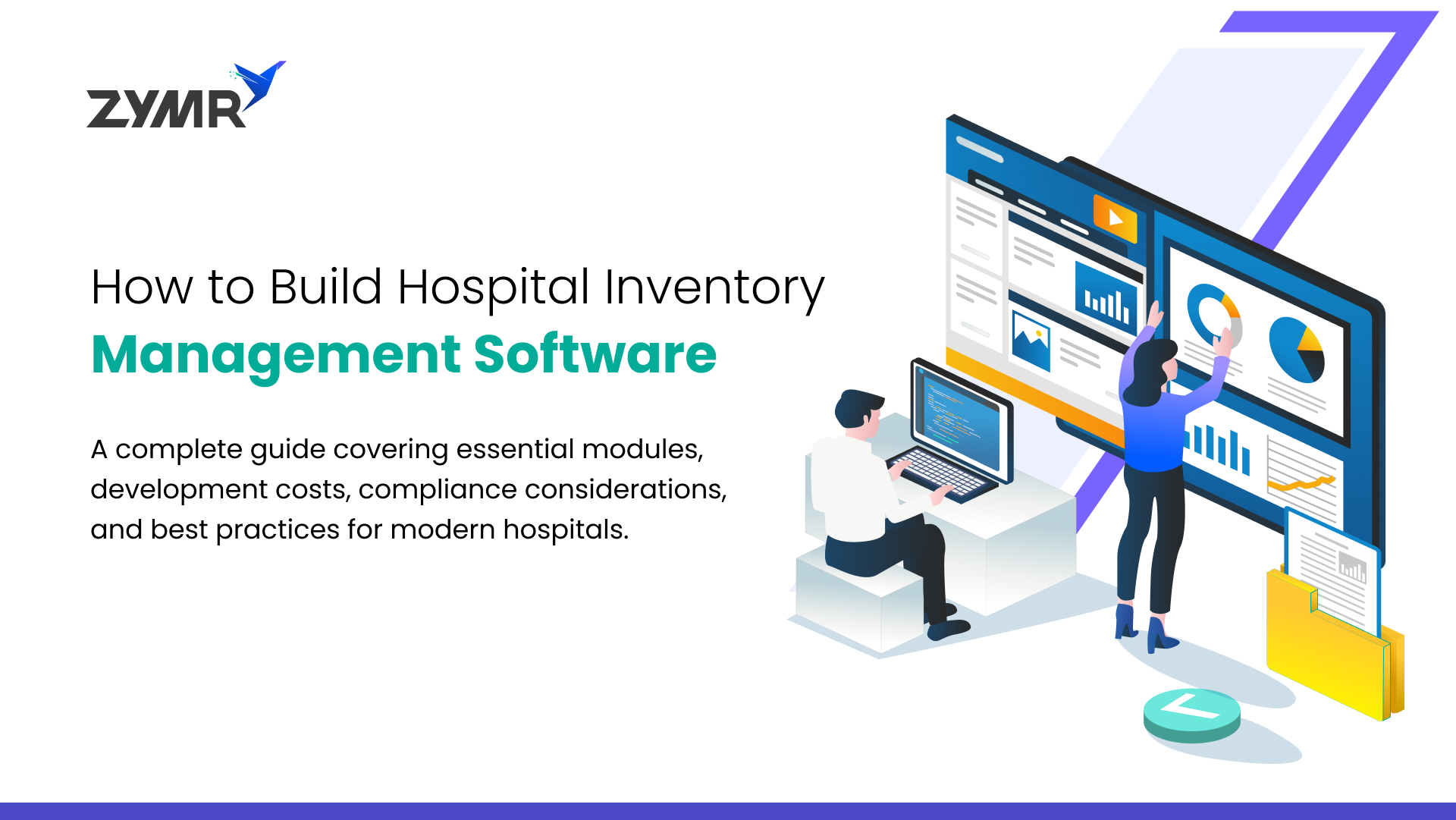Generative AI in Healthcare: Opportunities and Cautions Beyond ChatGPT

December 1, 2023
ChatGPT
Recent news of Amazon Web Services and 3M Health Information Systems collaborating on generative AI-powered healthcare documentation solutions underscores the growing interest in AI technologies to transform healthcare delivery and improve patient outcomes. Definitely, there's more to generative AI in healthcare than just documentation. From clinical decision-making programs to remote patient monitoring, and personalized care pathways, AI/ML services have numerous applications in healthcare. However, as with any emerging technology, there are challenges and skepticisms that healthcare companies must address to realize the full potential of this technology.
Through the course of this blog, we will explore the benefits of generative AI for healthcare and also address some cautions that companies must take while strategizing the implementation for such futuristic healthcare innovations.
Generative AI has some promising use cases with the potential to transform healthcare delivery as we know it. Applications like risk assessmoent, monitoring, and personalization can help healthcare providers make better decisions and improve patient outcomes. Here are some important use cases where these AI applications are uplifting healthcare delivery.
- Decision-Making: Generative AI-powered clinical decision-making programs can help healthcare providers with real-time risk assessment, patient analytics, and collaboration between different healthcare teams. Products like EPRO and CDSS leverage AI/ML services to provide real-time insights, alerts, and recommendations that can improve clinical outcomes and reduce errors.
- Patient Monitoring: Generative AI can be used to remotely monitor patients and identify potential health risks before they become severe. There are emerging remote monitoring platforms that use generative AI-powered devices to collect and analyze patient data, enabling healthcare providers to provide personalized care pathways and proactive interventions.
- Healthcare Personalization: Generative AI can help healthcare providers personalize their offerings as per patient's unique medical history, lifestyle, and preferences. Such platforms can analyze patient data and suggest personalized care plans that can improve outcomes and reduce costs. Additionally, generative AI can also help identify patients who may be at risk for certain conditions and provide targeted interventions to prevent or mitigate the disease.
Lessons from the Past
Inventions like OpenAI apps have created space for AI innovations in healthcare for safer and more accurate uses. However, this wasn’t always the case. Many popular projects in past have offered fabricated responses without sufficient information making them too risky for use in most patient care or medical settings. Moreover, reports have shown that disparities exist in AI-based healthcare services received by different social identities including racial groups and LGBTQ+ communities. Therefore, while there is potential for generative AI to change healthcare, it is important to approach the implementation strategies with caution to ensure that these disparities are not amplified by AI/ML services. Here are some key cautions that need to be taken while implementing generative AI in healthcare:
- Primary Diagnosis: Generative AI is not yet ready to be used as the primary method for diagnosing patients or providing medical care directly. The technology has shown a tendency to invent responses based on insufficient information which may lead to inaccurate results and also may perpetuate biases and disparities. Healthcare providers should use AI-generated data in combination with other diagnostic methods to provide more accurate and inclusive diagnoses.
- Data Privacy: Hospitals must ensure that patient privacy and accuracy of medical records are not compromised when integrating generative AI into electronic health record (EHR) systems.
- Research Data: Synthetic medical data generated using generative AI should be used with caution and validated against real patient data. While it allows researchers to access patient data in a shorter time, it does not replace the need for real patient data. Healthcare providers should also ensure that the AI-generated data is representative of diverse patient populations to avoid perpetuating social bias.
Conclusion
AI/ML services hold transformative potential for healthcare delivery and patient outcomes. AI applications in risk assessment, monitoring, and personalization can help healthcare providers make better decisions and enhance clinical workflows. However, caution must be exercised in its implementation to ensure accuracy, privacy, and ethical considerations are taken into account. There have also been past instances where AI-based healthcare services have shown bias towards different social identities. Therefore, it is crucial to ensure that the development and implementation of AI-based healthcare services are done with utmost attention to ethical considerations and fairness.
Zymr has helped healthcare businesses in past to implement smart solutions that deliver better outcomes for patients while ensuring inclusive and empathetic services. If you to wish to implement generative AI or other AI technologies for your industry use cases, contact our AI/ML experts today.
FAQs
>
>
>
>
>
Have a specific concern bothering you?
Try our complimentary 2-week POV engagement
Our Latest Blogs

January 15, 2026
Global Healthcare Outlook 2026: Key Trends in Digital Health, AI, and Patient Safety

January 15, 2026
Top 10 Healthcare IT Services Companies Transforming Healthcare Delivery(2026)

January 15, 2026





.svg)
.svg)
.svg)
.svg)
.svg)
.svg)
